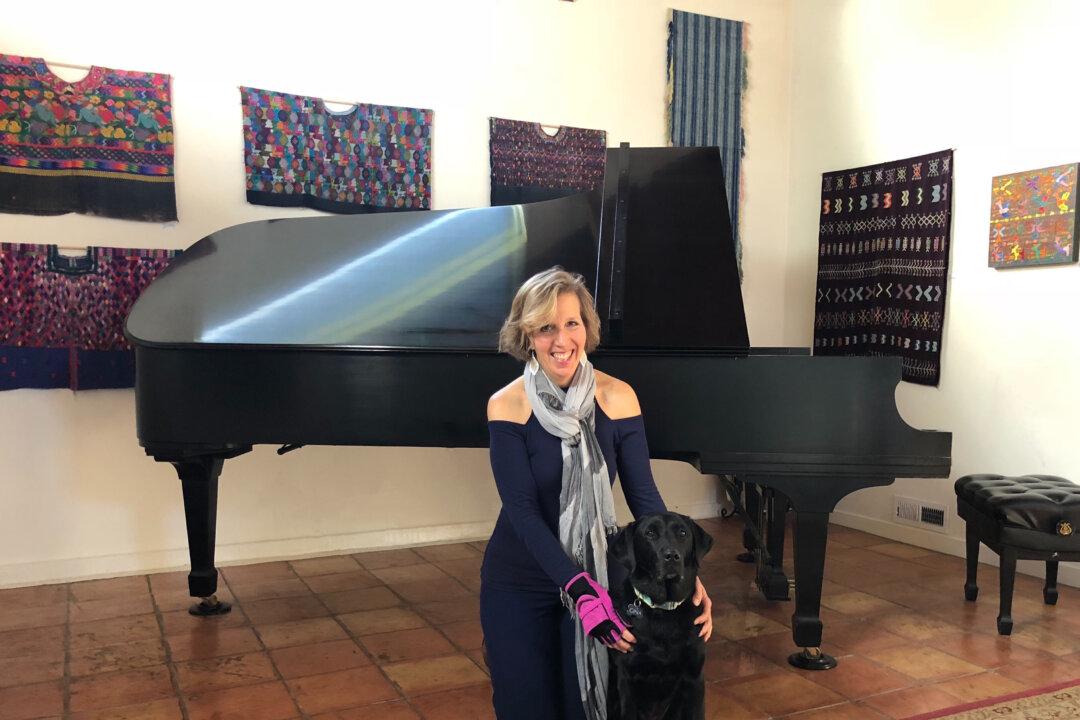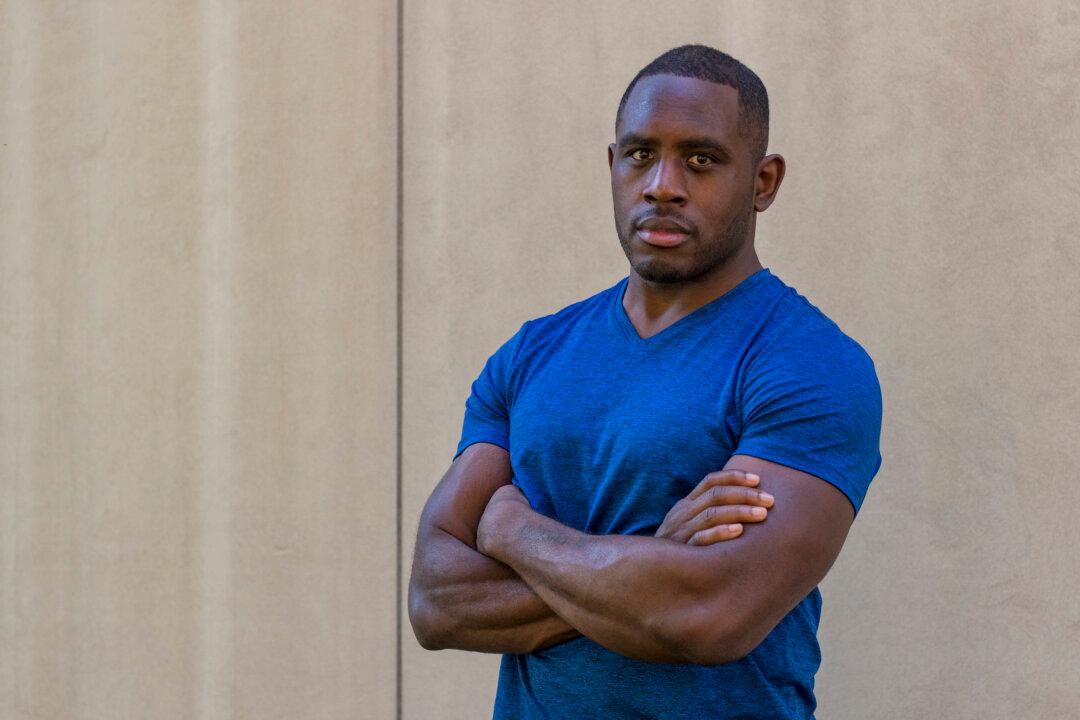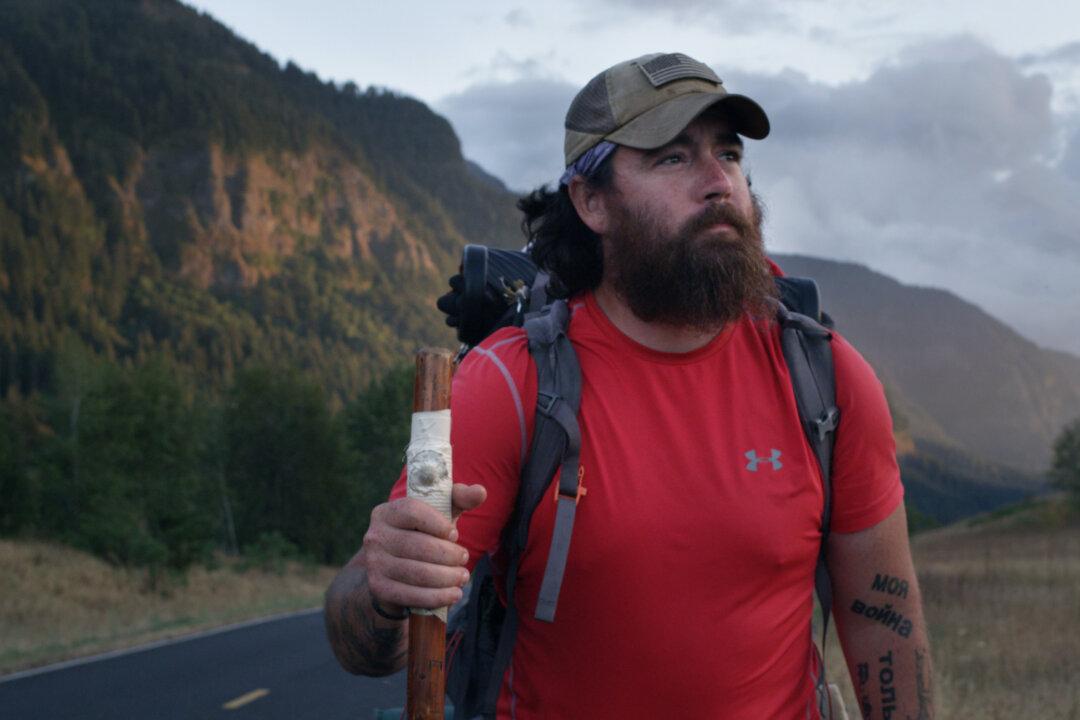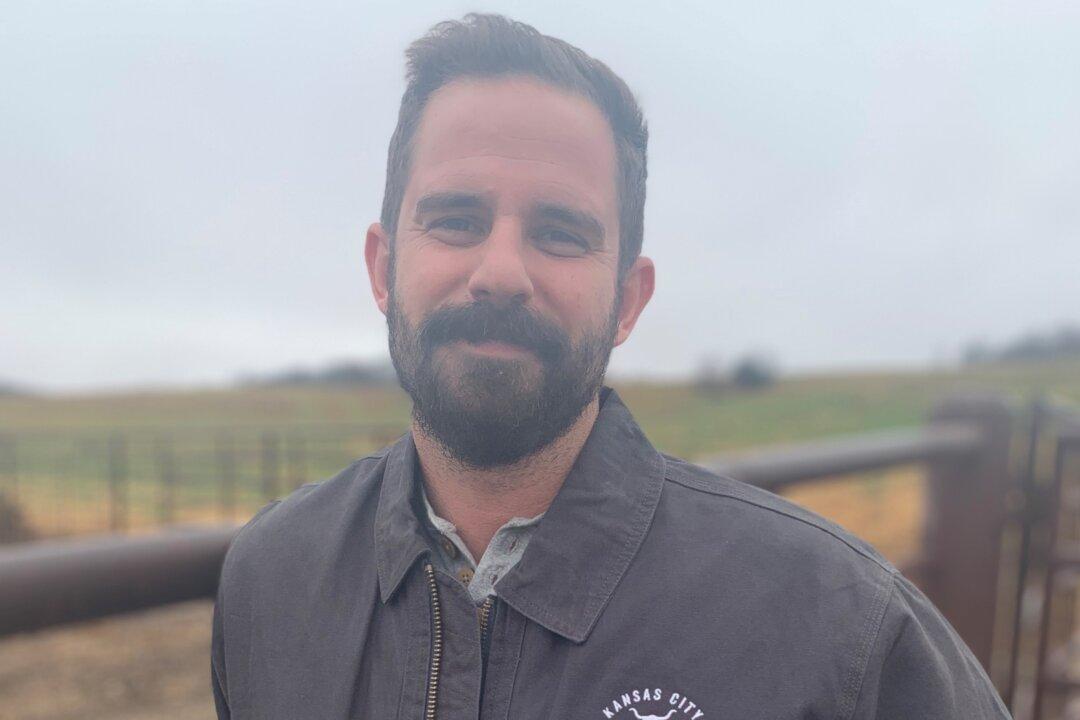Much like surgeons, musicians’ livelihoods depend on their hands; the dexterity required to perform beautiful, moving music requires healthy, strong, flexible fingers. Tragically, when musicians severely injure their fingers and hands, they often give up their instrument altogether. But Lisa Spector, a professional pianist from Half Moon Bay, California, learned to adapt and kept on playing following her own traumatic accident.
The piano has been a lifelong love. From the first moment she first heard her mother play, Spector was hooked.






